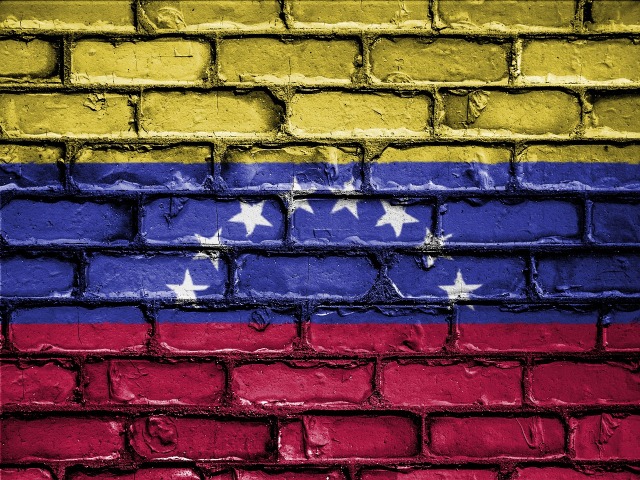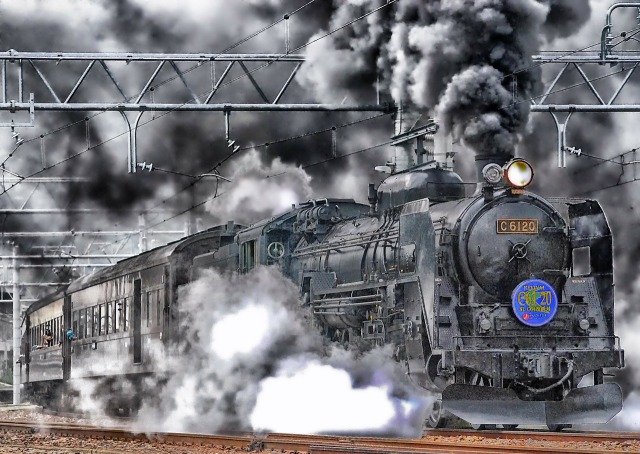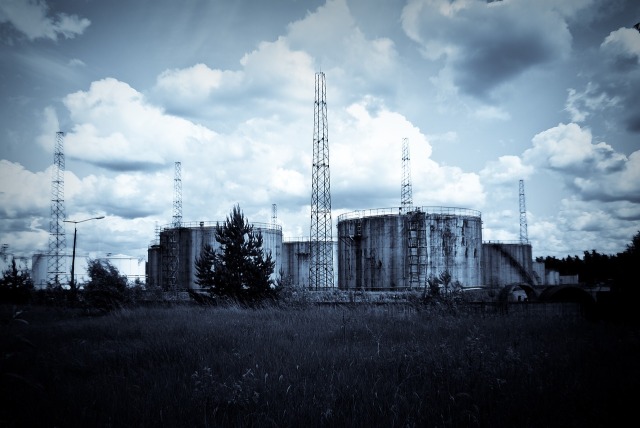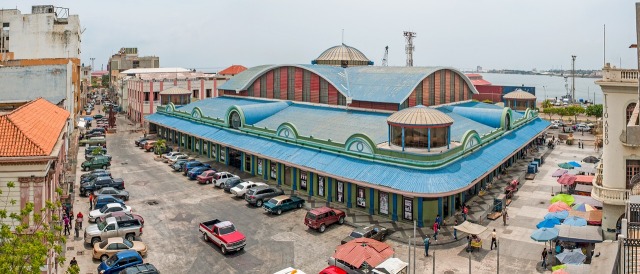
In July of 2016, I spent 3 hours conversing with a Venezuelan on the flight from Miami to New York. Despite having lived in the United States for decades, her business and relatives gave her reasons to visit her home country multiple times each year, and she remained optimistic about its future. While, in the long run, I hope she is correct in her optimism, I wonder how her perception has changed in the past year. Ironically, we were flying on American Airlines, a company which gave up operating in Venezuela shortly after our flight.
As I read through article after article about the continuing crisis in Venezuela, a number of similarities appeared between how that situation developed and what happened to Ayn Rand’s version of the United States in Atlas Shrugged. There is one major difference; the socialist movement in Venezuela was spearheaded by a populist demagogue rather than a more collective, council effort. Still, the step-by-step weakening of a market economy, coinciding with ever-increasing government authoritarianism, and the flight of the nation’s most productive citizens to greener pastures is in lock-step with what has happened in Venezuela.

Of course, Ayn Rand based her dystopian United States on the post-Russian Revolution U.S.S.R. Hugo Chavez’s (in)famous declaration of being a Trotskyist makes the comparison between the two even stronger. After being held up as an example nation for the first part of this century, many of Chavez’s former supporters in the developed world are disturbingly silent or blaming capitalism for the current economic failures in Venezuela. Socialism isn’t working, because it really isn’t “full socialism”. Yet, the nations who get closest to such a socialist ideal (the former U.S.S.R. and current North Korea) have to go to extreme measures to keep people from flooding out of their socialist paradises. If Chavez truly knew about Trotsky, he would have realized Trotsky’s extreme socialist measures had to be almost immediately revised in order to keep the nation from starving.
Oil production in Venezuela has fallen 30% since 1998, despite having the largest oil reserves in the world. This is a perfect, real-life example of what occurs in Atlas Shrugged. The industry was increasingly regulated, price controls were implemented, and the government took greater and greater control of who got the product. In the book, the industrialists eventually started giving up and disappearing. In real life, a massive exodus of the upper and middle classes began as Chavez vilified them, following his rise to power in the late 90s. Noam Chomsky blames “export of capital” by capitalists for Venezuela’s plight, but what sane capitalist would stay in a country insisting on making it almost impossible to even bake bread? It truly is a state where every man is a criminal, because it is impossible to not break laws. Chavez’s populism relied on the upper and middle classes to be their villains. Expecting them to stay is like expecting a domestic abuse victim not to leave. Lorenzo Mendoza, owner of Empresas Polar, is the real-life version of Hank Rearden from Rand’s novel. Beleaguered and vilified, his company carries on against every government imposition, still producing better than the nationalized factories despite the assault on capitalist principles.

It seems rather obvious now, but many in Venezuela are wishing for things to be how they were before Chavez. Despite the thriving smuggling business for getting people out of the country, one smuggler says, “I would prefer a thousand times that there was no crisis and we could live in the Venezuela from yesterday.” The sad thing is, there were plenty of problems BEFORE Chavez came to power (which is exactly why he could come to power). Populism begins by appealing to the people; a prelude to “majoritarian extremism”. It can only thrive with polarization. Unfortunately, those people who Chavez promised to help are the ones least able to leave the country he led to ruin. If there is extreme poverty in a market economy, at least there is still food in the stores. Perhaps true extreme poverty is what Chavez and Maduro have created.
As with Atlas Shrugged, every little step toward socialism led to more problems, which led to more intervention, which led to more problems, which were blamed on industrialists. As Friedrich Hayek wrote in, The Road to Serfdom, over 70 years ago, partial steps toward socialism still lead to totalitarianism, just more slowly. Venezuela’s first steps began long before Chavez, in the late 1950s, before accelerating with the nationalization of oil in 1976. Now, around 60 years later, Nicolas Maduro is being called a dictator, and the U.S. has imposed sanctions on him and top officials in his administration. His dissolution of the popularly elected legislature is in direct opposition to his constitutional authority and puts him in what John Locke would call, “a state of war with the people.”
In a sense, maybe those who say capitalism is at fault for Venezuela have a point, but not in the way they mean. Ludwig von Mises explained in his book, Liberalism in the Classical Tradition, how socialism is a “policy of capital consumption.” As Margaret Thatcher famously said, “The problem with socialism is that you eventually run out of other people’s money.” Once all the internal capital has been consumed providing “bread and circuses” for the people to keep socialists in power, the country becomes reliant on functioning market economies in other countries to provide the necessities it cannot produce. Capitalism is propping up the failed state that is Venezuela by providing buyers for Venezuelan oil and goods that get smuggled across the borders.

I am not advocating we cut off trade with Venezuela. That would make an already horrible situation even worse for tens of millions of people, which is exactly why the sanctions so far have been against individuals, and not the country, or its oil. Perhaps the saddest part about all this is how it would be improved by simply removing limitations on markets. The government doesn’t have to borrow billions to feed people, or provide free medicine, or take over industries. All it has to do is step aside (from trying to control the economy). The beauty of a market economy is that even partial measures will have positive effects on the lives of the people. This was the case in post-WWII West Germany. It was also the case in Sweden, which is often held up as functioning democratic socialism, but has many more free market characteristics than Americans think.
As much as the Venezuelan situation seems a good opportunity for proponents of classical liberalism to gloat over yet another failure of socialism, Marian Tupy made the poignant statement, “I cannot rejoice, for I know that Venezuela’s descent into chaos…will not be the last time we hear of a collapsing socialist economy. More countries will refuse to learn from history and give socialism a go.” There is a pattern to socialism as described by von Mises. The printing presses and upper classes provide (willingly or not) the funds for social programs, then rising prices lead to price controls, shortages of goods follow, foreign investment collapses, and the domestic businesses are left paralyzed.
So, as we debate if an international rescue effort is a good idea, or ponder how much more valuable World of Warcraft gold is than the bolivar, my only hope is that, a year from now, the woman I shared a flight with in 2016 will have many more reasons to be optimistic about Venezuela’s future.
Fountain Notes Volumes Referenced:
